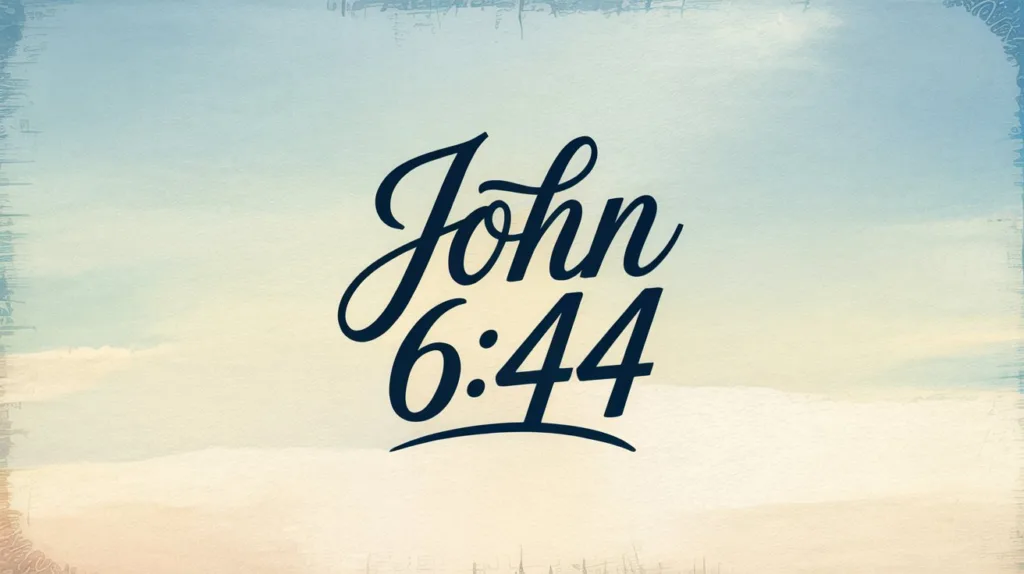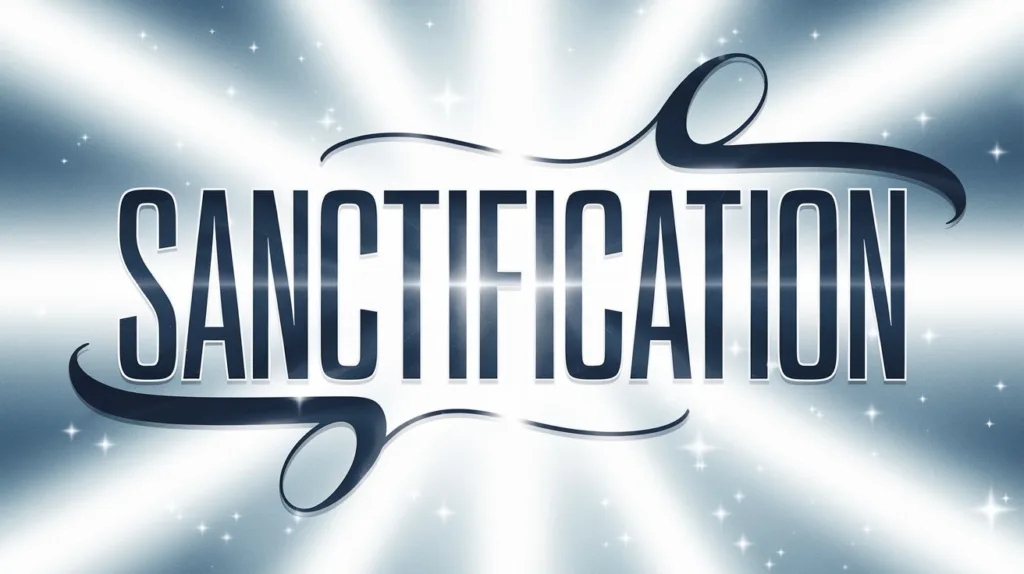The so-called “Daniel diet” comes from Daniel 1, where Daniel and his friends refused the king’s food. Daniel 1:8 says,
“But Daniel purposed in his heart that he would not defile himself with the portion of the king’s delicacies, nor with the wine which he drank; therefore he requested of the chief of the eunuchs that he might not defile himself.”
Daniel’s concern was not about health or nutrition, but holiness. The king’s food was likely sacrificed to idols and violated Jewish dietary laws. The request to eat only vegetables and drink water was not a declaration of superior nutrition; it was a stand for righteousness.
A Miraculous Outcome
Contrary to expectation, Daniel and his companions appeared healthier. Daniel 1:15 records,
“And at the end of ten days their features appeared better and fatter in flesh than all the young men who ate the portion of the king’s delicacies.”
This was miraculous. It defied natural expectations. In a culture that knew strength came from protein and hearty meals, their improvement through vegetables alone pointed to divine intervention. The text gives no credit to the food; it gives glory to God.
Not a Vegetarian Mandate
This was not a call to permanent vegetarianism. It was a temporary fast, a consecration for a specific moment. Scripture never presents the “Daniel diet” as a health prescription. In fact, God’s Word repeatedly includes meat in His provision. After the flood, God told Noah in Genesis 9:3,
“Every moving thing that lives shall be food for you. I have given you all things, even as the green herbs.”
Later, under the Law, God prescribed various clean animals to be eaten. Jesus Himself ate fish (Luke 24:42–43) and served fish and bread to thousands (John 6:11).
Peter’s Vision and Divine Permission
In the New Testament, God revealed through Peter’s vision that food distinctions were no longer binding. Acts 10:13–15 says,
“And a voice came to him, ‘Rise, Peter; kill and eat.’ But Peter said, ‘Not so, Lord! For I have never eaten anything common or unclean.’ And a voice spoke to him again the second time, ‘What God has cleansed you must not call common.’”
God made it clear that in Christ, dietary laws had been fulfilled. Believers are free to eat, giving thanks to God.
Death in a Fallen World
In Eden, mankind was given plants to eat (Genesis 1:29), but after the fall, death entered the world. Animal sacrifice was introduced as a covering for sin, beginning in Genesis 3:21, when God made garments of skin. Death became necessary. Food would now come through toil and death (evidence of the fall). The necessity of killing for food is a reminder of a broken world, not of an ideal state.
My Final Thoughts
The “Daniel diet” is often misunderstood. It was not about nutrition; it was about consecration. God honored the faith of His servants with a miracle, not a model. Scripture allows for the eating of meat, and commands nothing regarding vegetarianism. In a fallen world, death is part of survival, and through Christ, we are free from dietary law. Let no one impose a diet as doctrine. Eat with thanksgiving, and live with holiness.





 Get the book that teaches you how to evangelize and disarm doctrines from every single major cult group today.
Get the book that teaches you how to evangelize and disarm doctrines from every single major cult group today.